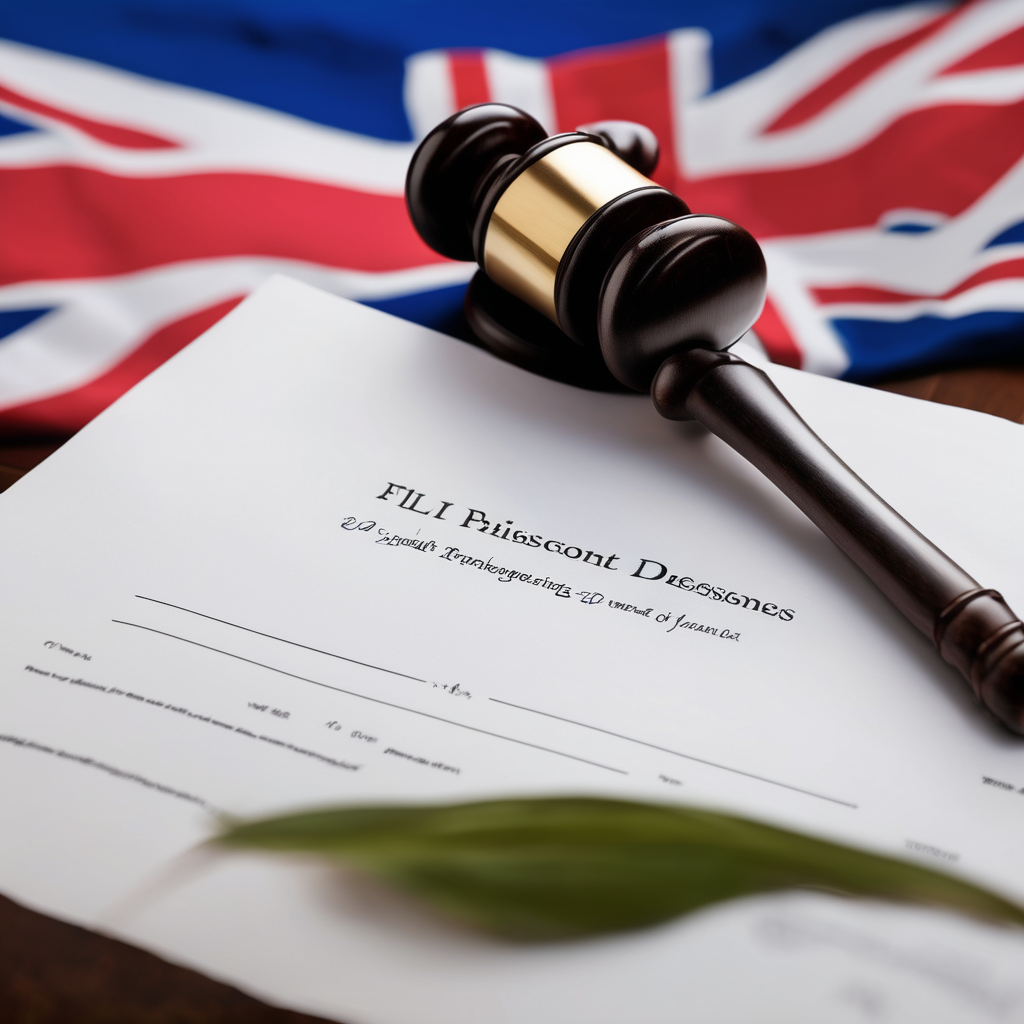A judge has dismissed a lawsuit against Vin Diesel, where the actor was accused of sexually assaulting his former assistant, Asta Jonasson, in 2010. The case, brought forth in Los Angeles Superior Court in 2023, alleged that Diesel sexually assaulted Jonasson while in Atlanta for the filming of “Fast Five,” the fifth installment in the “Fast & Furious” franchise.
According to Jonasson’s allegations, she claimed that Diesel forcibly pinned her against a wall in his hotel suite and engaged in inappropriate sexual behavior, despite her protests. She also stated that after the incident, Diesel’s sister called to terminate her employment, which lasted only nine days.
Judge Daniel M. Crowley previously dismissed four out of ten claims due to the statute of limitations. In his recent ruling, he cited a lack of jurisdiction as the primary reason for dismissing the remaining claims, emphasizing that the alleged incident occurred in Atlanta, Georgia. The judge noted that California laws typically do not apply outside the state’s borders unless explicitly stated by the Legislature.
Jonasson’s lawsuit had a unique opportunity for revival following the 2022 enactment of the Sexual Abuse and Cover-Up Accountability Act by California Governor Gavin Newsom, which allowed certain past sexual assault cases to be reexamined. However, the judge concluded that this law did not extend its jurisdiction to actions occurring out of state.
Jonasson’s legal team announced plans to appeal the decision, asserting that the ruling was merely based on legal technicalities and did not address the validity of her claims. “The Court did not decide anything about the truth of Ms. Jonasson’s allegations,” they stated. Meanwhile, Diesel’s attorney, Bryan Freedman, affirmed Diesel’s innocence and expressed relief that the court dismissed what he described as a baseless lawsuit.
This dismissal highlights the complexities of legal jurisdictions in cases of alleged misconduct, particularly when they span different states. As the legal battle continues with potential appeals, it reinforces the ongoing dialogue surrounding accountability and the legal rights of those making allegations of sexual assault.
